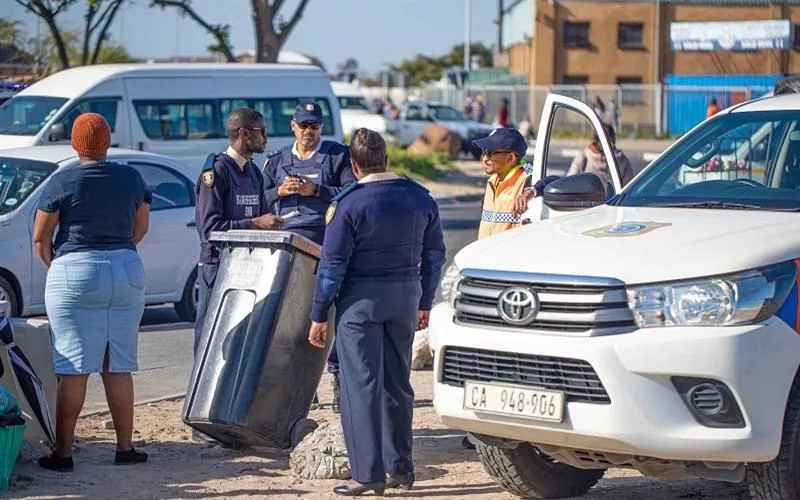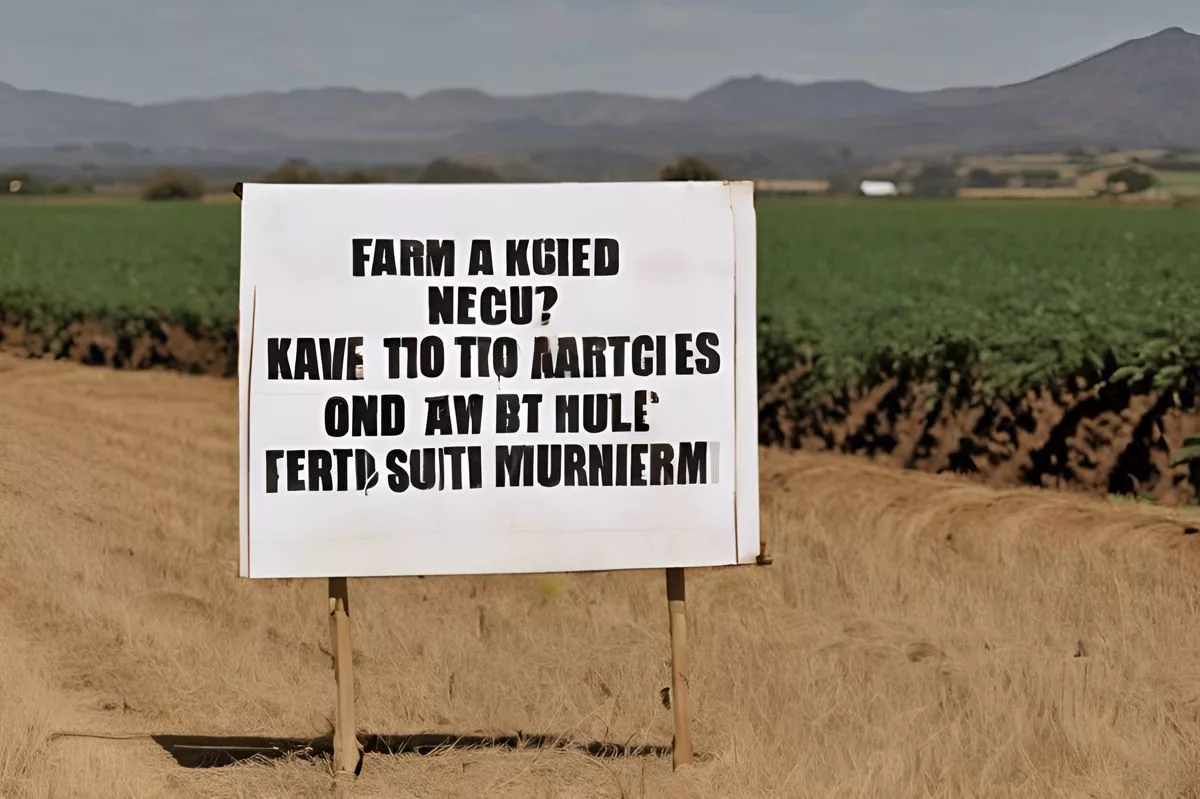Deputy President Paul Mashatile is facing corruption allegations, including nepotism and violating the code of conduct. The accusations, which have been ongoing for several decades, bring to light a trend of distrust and alleged malfeasance in South Africa’s political sphere. The charges could potentially damage public trust and weaken democratic structures, but they also provide an opportunity for transparency and reform within the political system.
What are the corruption allegations against Deputy President Paul Mashatile in South Africa?
Deputy President Paul Mashatile is facing allegations of corruption and favoritism spanning several decades. He is accused of failing to uphold standards expected of his senior position in the government, violating the code of conduct and deceiving parliament. The accusations involve a complex web of nepotism that has primarily benefited him and his son-in-law. These allegations bring to light a trend of distrust and alleged malfeasance that permeates South Africa’s political sphere, potentially damaging public trust and weakening democratic structures.
South Africa’s political arena is once again the center of a storm, with Deputy President Paul Mashatile at the heart of corruption allegations. In an unprecedented move, John Steenhuisen, the leader of the Democratic Alliance (DA), has filed criminal charges against Mashatile. This action has considerably heightened the focus on the nation’s ruling class.
Allegations of Long-Standing Corruption
This unfolding drama takes place against the backdrop of a persistent political culture stained by corruption and favoritism. The accusations against Mashatile are extensive, spanning several decades and implicating him in a complex web of nepotism and unlawful profiteering. Steenhuisen alleges that this intricate patronage network has primarily benefited Mashatile.
Furthermore, Mashatile is accused of deceiving parliament, not disclosing his use of various properties, and violating the code of conduct. The R37 million Waterfall house in Gauteng, one such property, symbolizes the alleged excess and misconduct. The crux of the accusations is that Mashatile has not upheld the standards expected of his senior position in the government.
Party’s Internal Scrutiny
Mashatile’s actions are under investigation not only by the public but also within his own party. The ANC Veterans League has called for Mashatile and other senior ANC leaders facing similar allegations to appear before the party’s integrity commission. The commission is an internal watchdog, dedicated to keeping party members accountable for their actions in public office.
A crucial aspect of these allegations involves Mashatile’s son-in-law, who allegedly profited exponentially from his connection to the Deputy President. State tenders, a financial tool often granted to private firms for public projects, seem to have disproportionately favored Mashatile’s son-in-law. The latest scandal revolves around Mashatile’s son-in-law’s company purchasing a R28.9m mansion, while allegedly owing the Gauteng Department of Human Settlements R7m for a failed housing venture.
Potential Impact on Public Trust
These accusations reveal a suspected culture of impropriety that extends beyond Mashatile. They bring to light a trend of distrust and alleged malfeasance that permeates the country’s political sphere. Such incidents involving prominent leaders can potentially damage public trust and weaken democratic structures.
Despite the charges, Mashatile continues to stand firm. His spokesperson, Vukani Mde, has expressed that the Deputy President is confident he will come out untouched from any investigation by the state or the ANC. It’s a bold statement that reflects the resilience often seen in the tumultuous world of politics.
Reflections on Power, Corruption, and Accountability
This unfolding scenario is more than just another episode in South Africa’s political story. It mirrors the complicated relationship between power, corruption, and accountability. The charges against Mashatile, if proven, could have serious implications for him and the ANC. However, they also provide a window of opportunity for transparency and reform within the political system.
South Africa’s political landscape is marked by its dynamism and unpredictability. These recent allegations have introduced another dimension to this intricate mosaic. Yet, the underlying theme remains consistent: the continuing struggle for power and the pursuit of accountability. As this political drama unfolds, it will be fascinating to observe how it influences the future trajectory of South African politics.
1. What are the corruption allegations against Deputy President Paul Mashatile in South Africa?
Deputy President Paul Mashatile is facing allegations of corruption and favoritism spanning several decades. He is accused of failing to uphold standards expected of his senior position in the government, violating the code of conduct and deceiving parliament. The accusations involve a complex web of nepotism that has primarily benefited him and his son-in-law.
2. What is the ANC Veterans League’s role in investigating the allegations against Mashatile?
The ANC Veterans League has called for Mashatile and other senior ANC leaders facing similar allegations to appear before the party’s integrity commission. The commission is an internal watchdog, dedicated to keeping party members accountable for their actions in public office.
3. What potential impact could these allegations have on public trust in South Africa’s political system?
These accusations can potentially damage public trust and weaken democratic structures as they reveal a suspected culture of impropriety that extends beyond Mashatile. Such incidents involving prominent leaders can shake people’s trust in the system.
4. How has Mashatile responded to the allegations against him?
Despite the charges, Mashatile continues to stand firm. His spokesperson, Vukani Mde, has expressed that the Deputy President is confident he will come out untouched from any investigation by the state or the ANC.
5. What is the DA’s involvement in this situation?
John Steenhuisen, the leader of the Democratic Alliance (DA), has filed criminal charges against Mashatile, which has considerably heightened the focus on the nation’s ruling class.
6. What opportunity do these allegations provide for South Africa’s political system?
The charges against Mashatile, if proven, could have serious implications for him and the ANC. However, they also provide a window of opportunity for transparency and reform within the political system. It’s a chance to improve the accountability and integrity of the political leaders in South Africa.










